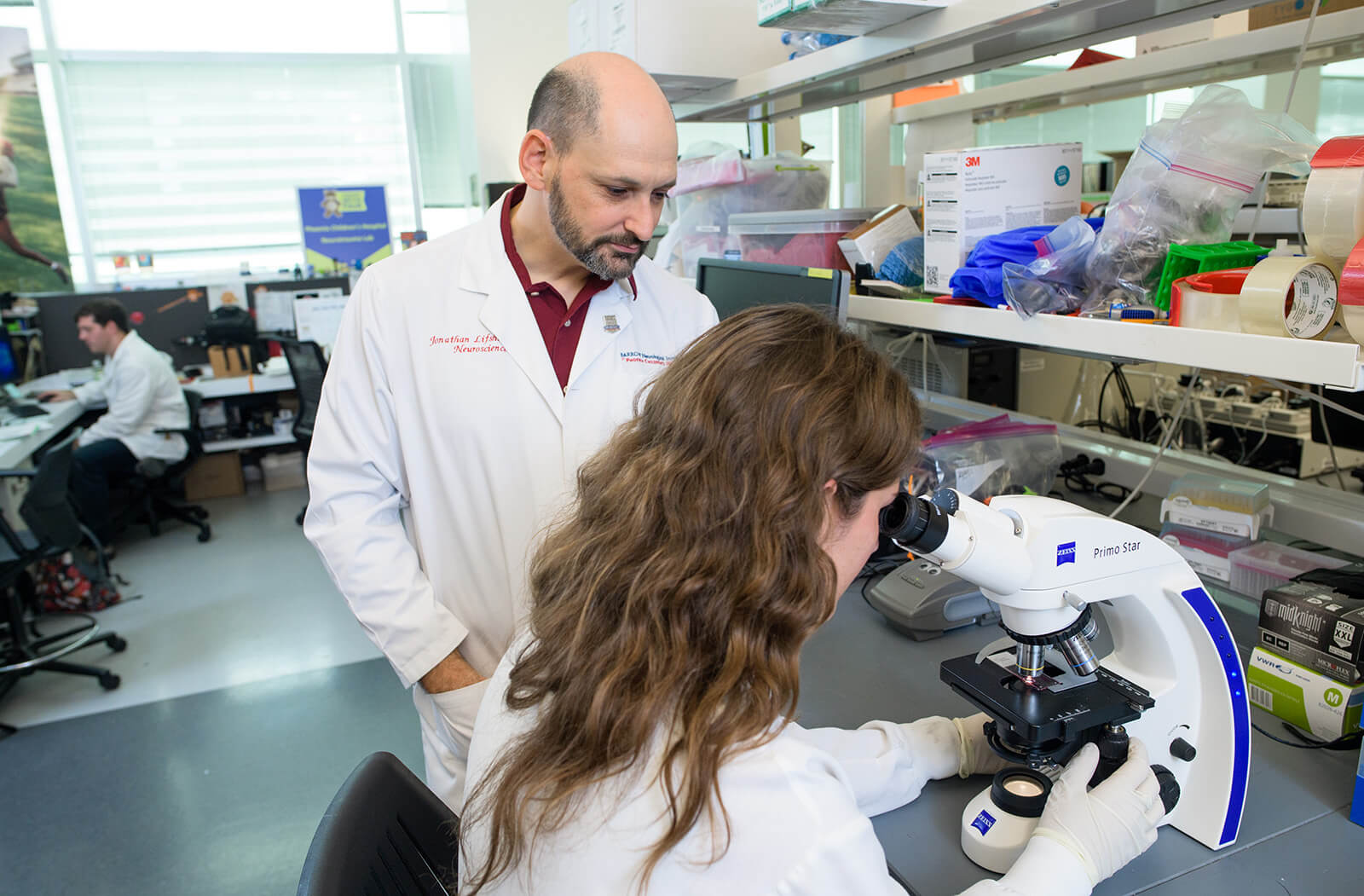
Nanoliposomes as Potential New Stroke Treatment

Stroke remains a leading cause of death and disability among veterans and the general public. Researchers from the University of Arizona College of Medicine – Phoenix, Phoenix VA, Midwestern University and Barrow Neurological Institute developed nanoliposomes (phospholipid nanoparticles) and found that, when tested in an animal model of stroke, they reduced the amount of brain injury.
Nanoliposomes also prevented isolated cultures of neural and vascular endothelial cells from being damaged by oxygen and glucose deprivation. The basis for the protection appears to be, at least in part, the ability of nanoliposomes to induce an antioxidant protective response in cells. This preliminary result in an animal model shows the potential use of nanoliposomes as a new treatment for stroke, although additional validation experiments are needed before translational use.
The research team is led by Raymond Migrino, MD, principal investigator and professor of Internal Medicine, Division of Cardiology, Jonathan Lifshitz, PhD, professor of Child Health and director, Translational Neurotrauma Research Program at the U of A College of Medicine – Phoenix, and Andrew Ducruet, MD, assistant professor of Neurosurgery at the college and an associate professor at Barrow Neurological Institute at Dignity Health St. Joseph’s Hospital and Medical Center in Phoenix. The findings were presented November 13 at a poster session during the virtual American Heart Association Scientific Sessions 2021 meeting with simultaneous publication in Stroke journal.
About the College
Founded in 2007, the University of Arizona College of Medicine – Phoenix inspires and trains exemplary physicians, scientists and leaders to advance its core missions in education, research, clinical care and service to communities across Arizona. The college’s strength lies in our collaborations and partnerships with clinical affiliates, community organizations and industry sponsors. With our primary affiliate, Banner Health, we are recognized as the premier academic medical center in Phoenix. As an anchor institution of the Phoenix Bioscience Core, the college is home to signature research programs in neurosciences, cardiopulmonary diseases, immunology, informatics and metabolism. These focus areas uniquely position us to drive biomedical research and bolster economic development in the region.
As an urban institution with strong roots in rural and tribal health, the college has graduated more than 1,000 physicians and matriculates 130 students each year. Greater than 60% of matriculating students are from Arizona and many continue training at our GME sponsored residency programs, ultimately pursuing local academic and community-based opportunities. While our traditional four-year program continues to thrive, we will launch our recently approved accelerated three-year medical student curriculum with exclusive focus on primary care. This program is designed to further enhance workforce retention needs across Arizona.
The college has embarked on our strategic plan for 2025 to 2030. Learn more.